Yours, Noor: Hope Again
A short essay examining disabled identity and suffering vs accommodations.
I had a moment of panic, where I felt my sense of self start to slip through my fingers. I gripped onto it hard. No, I am still me.
After many X-rays and labs, I have discovered a few things about my chronic back pain:
1.) I have moderate facet joint damage in my neck
2.) I have degenerative disc disease, a somewhat common occurrence in 30-40 year olds and considered inevitable with age, and dextroscoliosis
3.) I have many kidney stones, including one that is stuck in my kidney
I’ve really come to terms these past three years that the current level of pain I’m in might just be my reality from here on out. After years of trying to find answers through the medical system, I had all but given up. In one last push for a better quality of life, I switched my primary care physician (PCP) and tried again from scratch. It was the best decision I could’ve made.
My PCP told me that there is something called radiofrequency ablation (RFA) we can pursue to destroy the nerves that transmit pain in my neck and back, which could give me up to 3 years of pain relief. When she told me I nearly cried then and there. 3 years without pain? It felt like a carrot being dangled by the universe.
Come and get it, come and get it, just a little further.
At first I was skeptical due to the level of pain I have experienced throughout my spine, and after explaining one day that I can’t sleep on my back because I wake up feeling incredibly bruised and sore, she paused and said, “Let’s check for kidney stones.”
Turns out I have tons of them, and one that is stuck in my kidney as well. This would explain the more debilitating back pain.
“One patient has described it as having their spine cut in half,” she explained. I certainly could relate. There’s been more than a couple nights where I laid in bed, glued to a heating pad, covered in lidocaine and still in pain. I would wonder, Is it finally worth going to the ER? Would they even take me seriously?
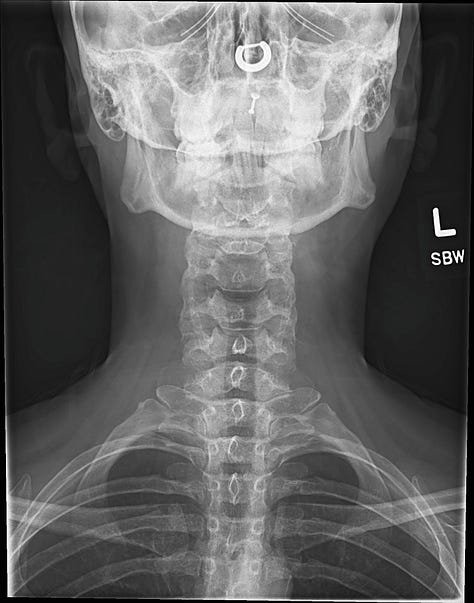
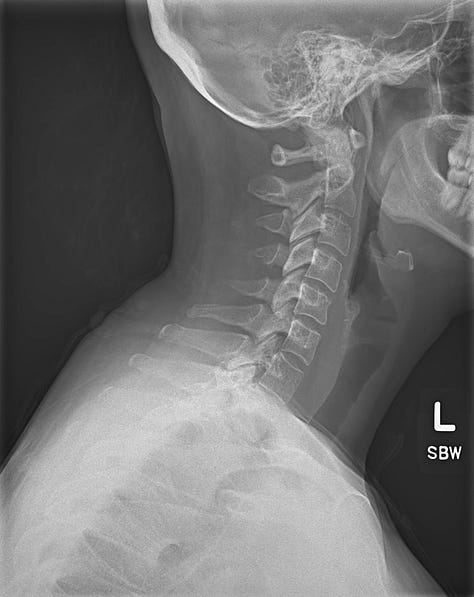
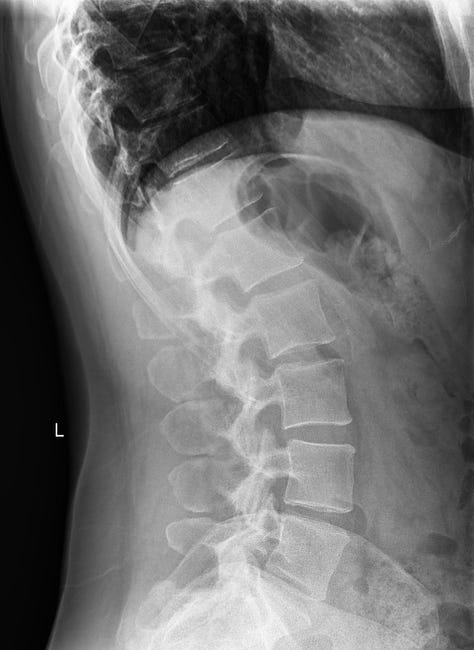
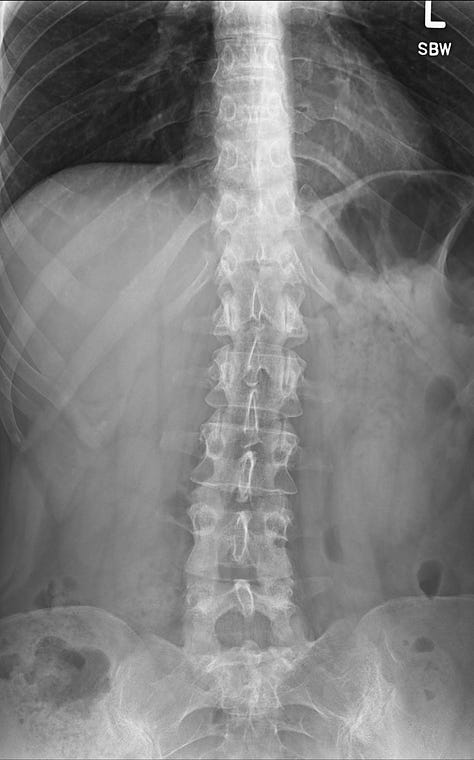
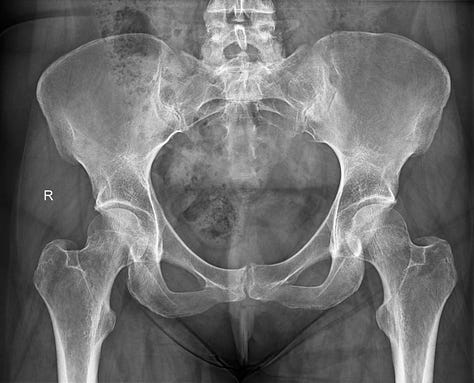
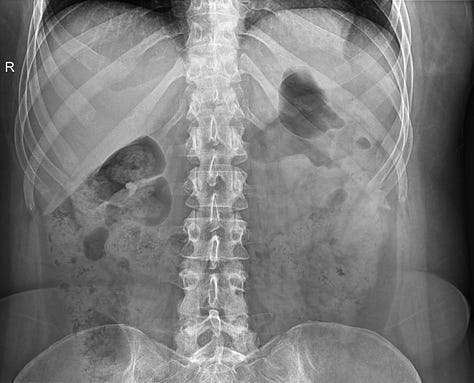
I had spent about 5 years seriously pursuing answers to my chronic pain. That means, in my estimates, I’ve been suffering with a treatable condition for those 5-fucking-years. A condition that is normally treated non-invasively, quickly, and is a common occurrence. Why the hell have I been suffering with this pain - skipped social events, cried in bed, canceled meetings, missed work - that is completely and utterly treatable?
And then it hit me.
Am I even disabled? Is my disability something imposed by medical neglect? And when it’s treated.. will I no longer be disabled?
Part of my growth as someone with cPTSD is that I’ve developed my sense of self-identity over time, tenderly and with conviction. So when I started to feel this sense of identity leave me, panic set in. I paused my many thoughts and interrupted my white knuckled grip on my shifting understanding of disability.
If you were no longer disabled, it wouldn’t take away the experience you’ve already had as a disabled person. Identity is supposed to change because we are changing. It is not something to grip onto, but to watch it depart with tears and smiles like a family on the coast of a great ship’s embarkment.
and then:
Why do you assume that to be disabled means you have to experience debilitating pain? Disability doesn’t necessitate suffering. If your pain levels lower because of a successful medical intervention, that is good. When dear disabled friends get surgery and their mobility levels change, do you consider them different people? The answer is no. You rejoice that for once the medical system did its job and helped someone achieve the lifestyle they want.
You don’t want pain. You want to be believed when you say you need help.
You don’t want pain. You want others to empathize with you.
You don’t want pain. You want your body’s differences to be allowed.
And you don’t need pain.
I don’t need pain, I realized, and I began to grow curious. If I don’t need pain, what if all disabled people didn’t need pain to be believed? To be honored and acknowledged? There is a future where disabled people aren’t contained and defined by the harm the system does to the individual, and therefore the individual isn’t defined by their suffering.
There is a clip from Imani Barbarin (you may know her as crutches and spice on social media) where she does a beautiful job of pointing this out:
https://www.tiktok.com/t/ZTFETg5HL
The line that has been simmering in my subconscious since I heard it, from this small clip, is this:
Don’t think that because your disability is accommodated, that you no longer have one.
The other side of the coin of suffering and pain can be accommodation, and the future can be accommodating. As I watched my internalized ableism come to light and noticed the shift of my perspective, hope burst in a bloom of warmth in my chest.
Now I can feel the foundations of a new sense of self settling in, ready to support a new discovery. The panic has left and I can hold myself in my mind’s eye with tender curiosity again.
The reality is that even if all of my chronic pain is addressed by removing my kidney stones (highly unlikely, but a they/them can wonder) I will never be considered not disabled. Between my AuDHD and cPTSD I think it’s a safe bet that life is always going to be different than most people. Still, I am so grateful I decided to look at my panic instead of run.
It’s nice to feel hope again.
Thank you for reading. I’ve recently decided to make all of my “Yours Noor” content free to read in addition to oral histories, so please enjoy and share if you resonate.



